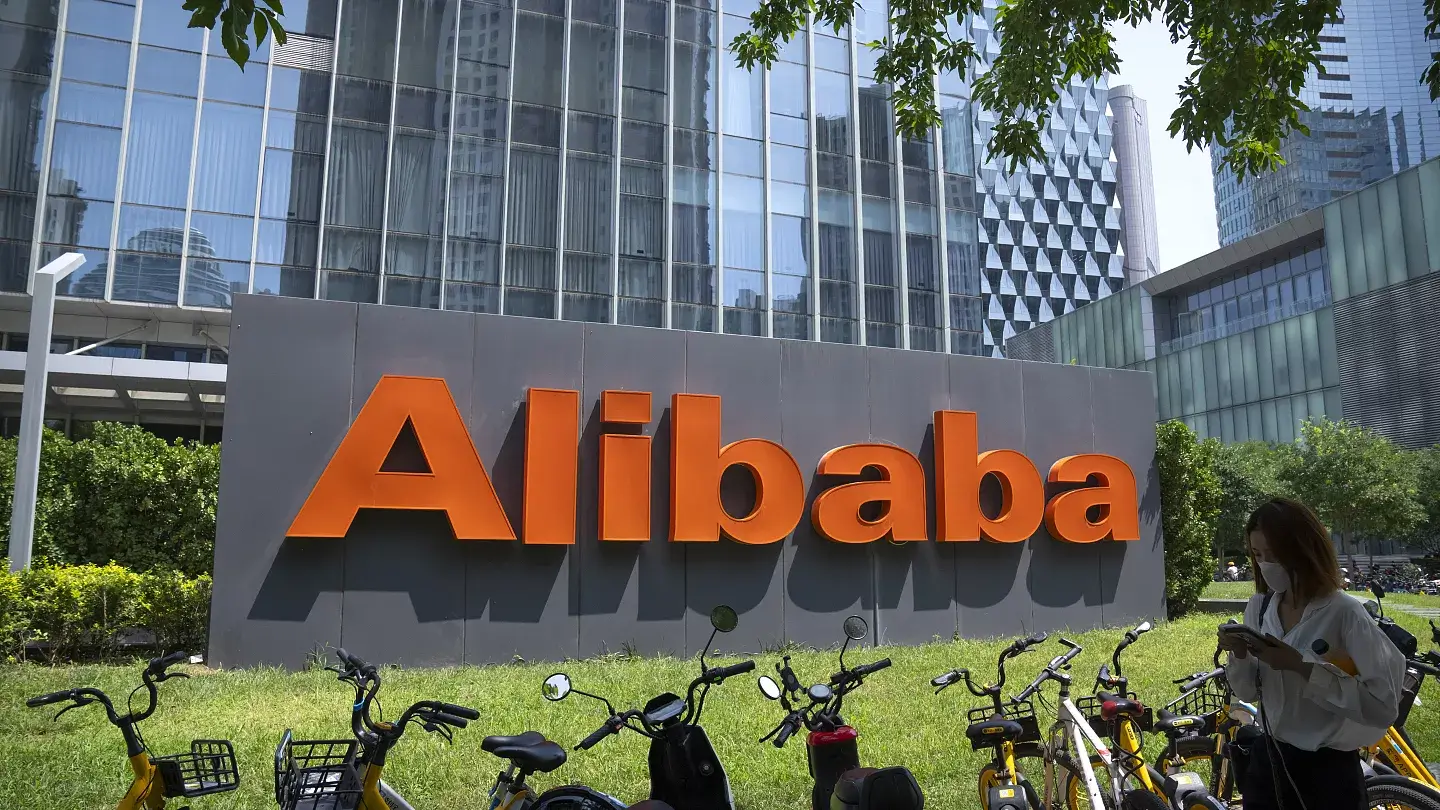On October 5, Reuters reported that Belgium’s intelligence service has intensified its surveillance efforts on the primary logistics hub of Alibaba Group Holding in Europe, citing concerns related to potential espionage activities. According to the Financial Times (FT), the focus of this scrutiny is Alibaba’s logistics center located at the cargo airport in the city of Liege. The Belgian State Security Service (VSSE) expressed their apprehensions, stating that they are actively working to identify any possible espionage or interference activities involving Chinese entities, specifically Alibaba.
Alibaba, a prominent Chinese multinational conglomerate specializing in e-commerce, denied any involvement in any illicit activities. However, the FT report suggests that the Belgian security service has been closely monitoring Alibaba’s operations based on intelligence assessments. One area of particular concern is the implementation of software systems that aggregate sensitive economic information. The security agency informed FT that Alibaba’s presence has become a matter of attention due to legislation in China that mandates Chinese companies to share their data with Chinese authorities and intelligence services.
This development comes in the context of a 2018 agreement between Alibaba and the Belgian government. The agreement aimed to establish an e-commerce trade hub operated by Alibaba’s logistics subsidiary, Cainiao. As part of this collaboration, Alibaba committed to significant investments in Belgium’s logistics infrastructure.
In a recent move, Alibaba submitted an application to list Cainiao on the Hong Kong stock exchange. If approved, this would mark the separation of Cainiao as an independent unit, aligning with Alibaba’s earlier decision to restructure its business into six distinct units.
As of now, both Alibaba and the Belgian State Security Service have refrained from commenting on the situation, leaving many questions unanswered about the nature and extent of the surveillance activities and the potential implications for Alibaba’s operations in Belgium and Europe.





